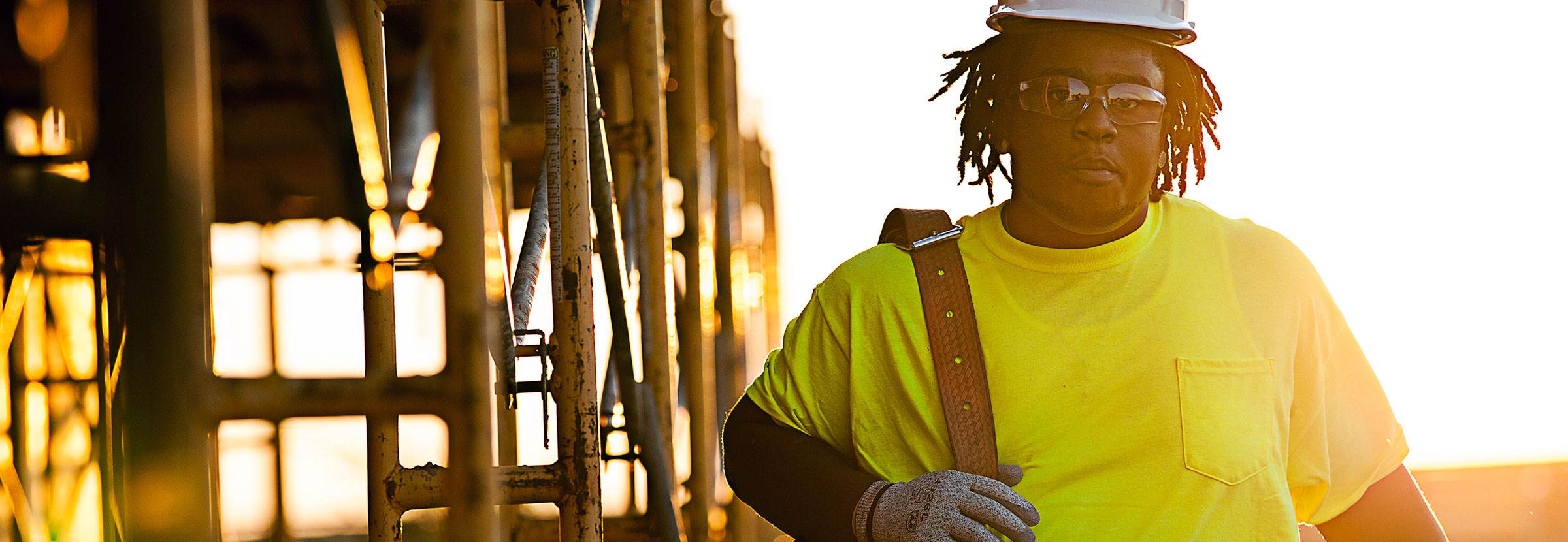OMB Releases Final Guidance on Expanded Requirements to Use U.S. Made Construction Materials on Federally-Assisted Projects
President Biden’s Office of Management and Budget (OMB) has released new final guidance implementing the Bipartisan Infrastructure Law’s (BIL) expanded “Build America, Buy America” Act (BABA) requirements to use U.S. made iron, steel, glass, wood and other construction materials and manufactured products on all construction that receives federal financial assistance where federal funds are appropriated or otherwise made available and used for a project. This includes, but is not limited to, projects funded through the recently enacted Bipartisan Infrastructure Law, Inflation Reduction Act, CHIPS and Science Act, and the American Rescue Plan Act. SWACCA has been tracking the development of these expanded BABA requirements since enactment of the BIL and provided updates when OMB requested information to implement these requirements in April, 2022, and when OMB issued proposed guidance in February of this year. We have also been tracking agency-specific implementation of BABA requirements at agencies like the Department of Housing and Urban Development.
Construction materials covered by this new final guidance include: (1) Lumber; (2) Drywall; (3) Engineered wood; (4) Glass (including optic glass); (5) Non-ferrous metals; (6) Plastic and polymer-based products (including composite building materials, polyvinylchloride (PVC), and polymers used in fiber optic cables); (7) Fiber optic cable (including drop cable); and (8) Optical fiber. OMB added engineered wood but opted not to include some additional construction materials, including paint and stain, and bricks.
The new final guidance sets manufacturing standards for lumber, engineered wood, drywall, glass (including optic glass), plastic and polymer-based products, fiber optic cable and optical fiber that may be used on federally assisted construction. To qualify manufactured products must be U.S. manufactured and the cost of domestic-made components must exceed 55% of the cost of all components. The rules do not apply to tools, equipment, and supplies, such as temporary scaffolding, brought to the construction site and removed at the end of the project.
Under the final guidance, agencies can issue waivers if needed when U.S.-made products are not sufficiently available. Agencies can also seek a waiver if the use of U.S. materials will increase the cost of the overall infrastructure project by more than 25%.
The new final guidance is effective 60 days after publication in the Federal Register. However, it provides for a transition period from the previously-issued interim guidance to the final guidance for ongoing or previously planned projects. Except in circumstances defined in the guidance, the final guidance applies to federal awards obligated on or after its effective date. Awards obligated on or after May 14, 2022, the effective date of the BABA, and before the effective date of the final guidance, are instead subject to previously issued interim guidance.
The White House issued this Fact Sheet in conjunction with the release of the guidance.
© 2024 Signatory Wall and Ceiling Contractors Alliance (SWACCA). All rights reserved.
